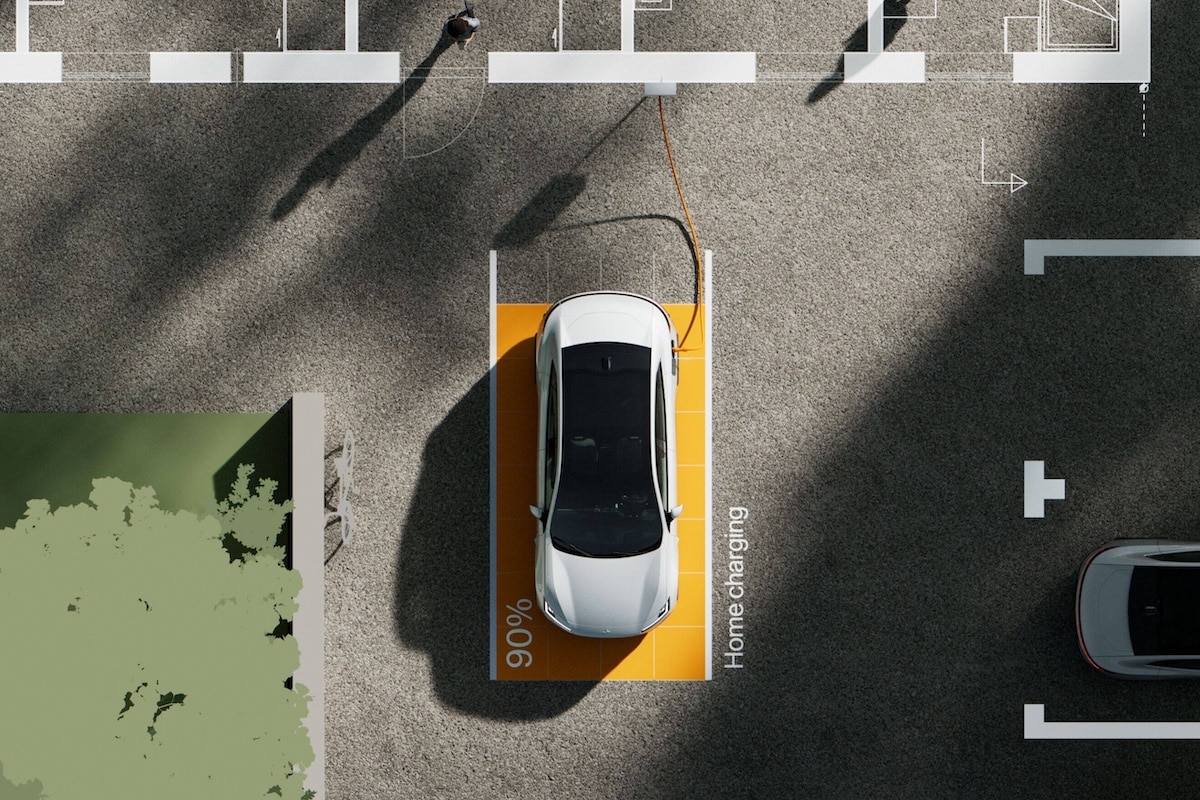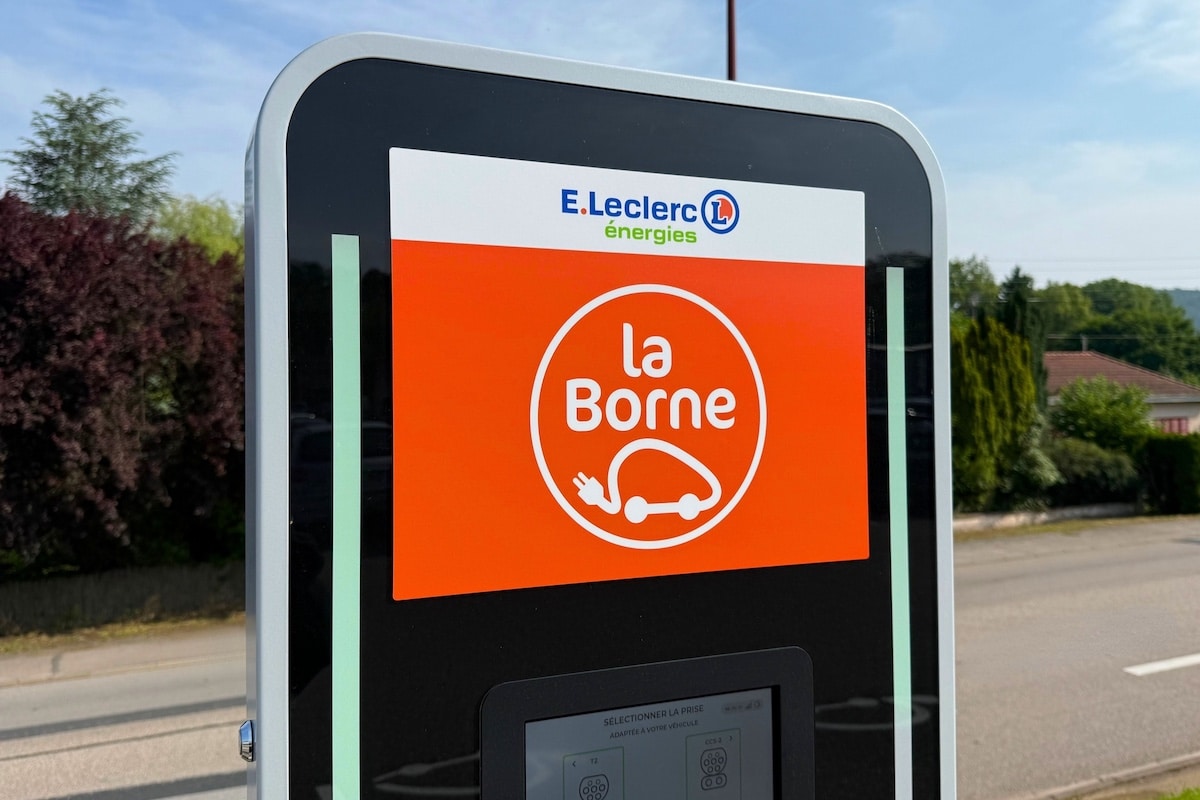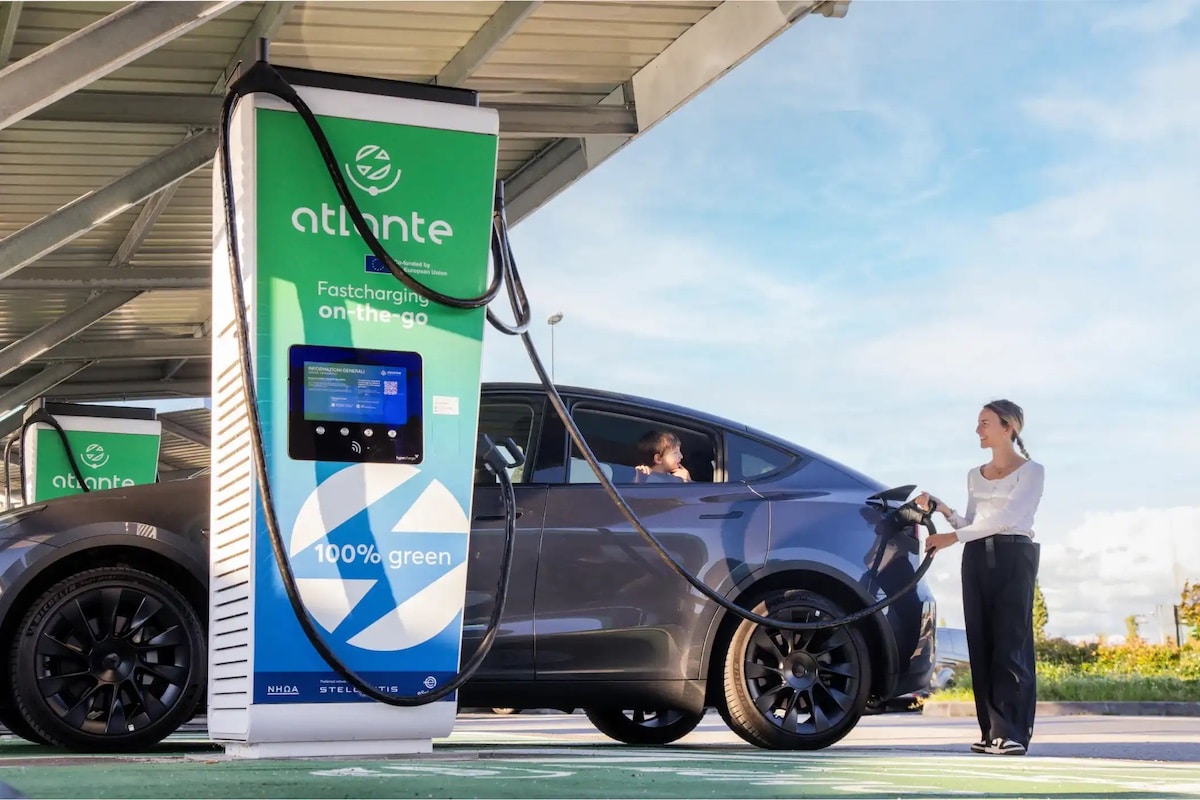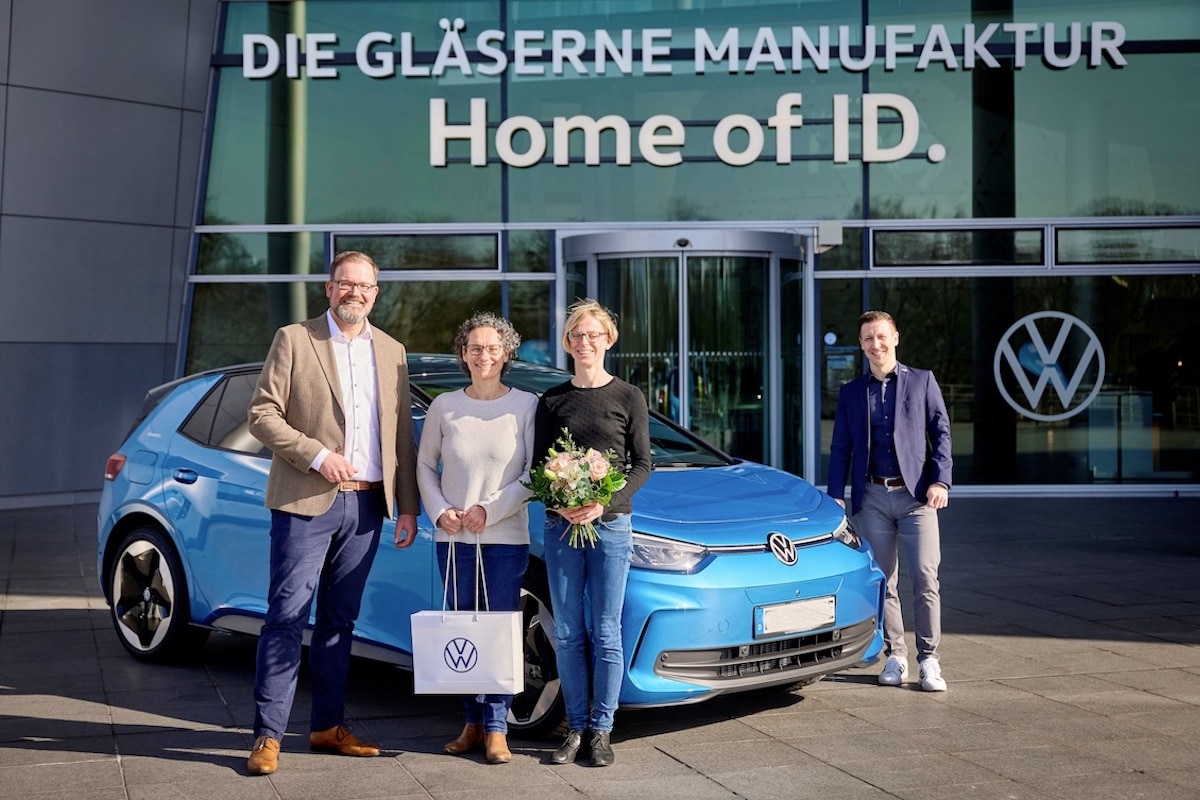Soon, charging a car will be as quick as refueling!
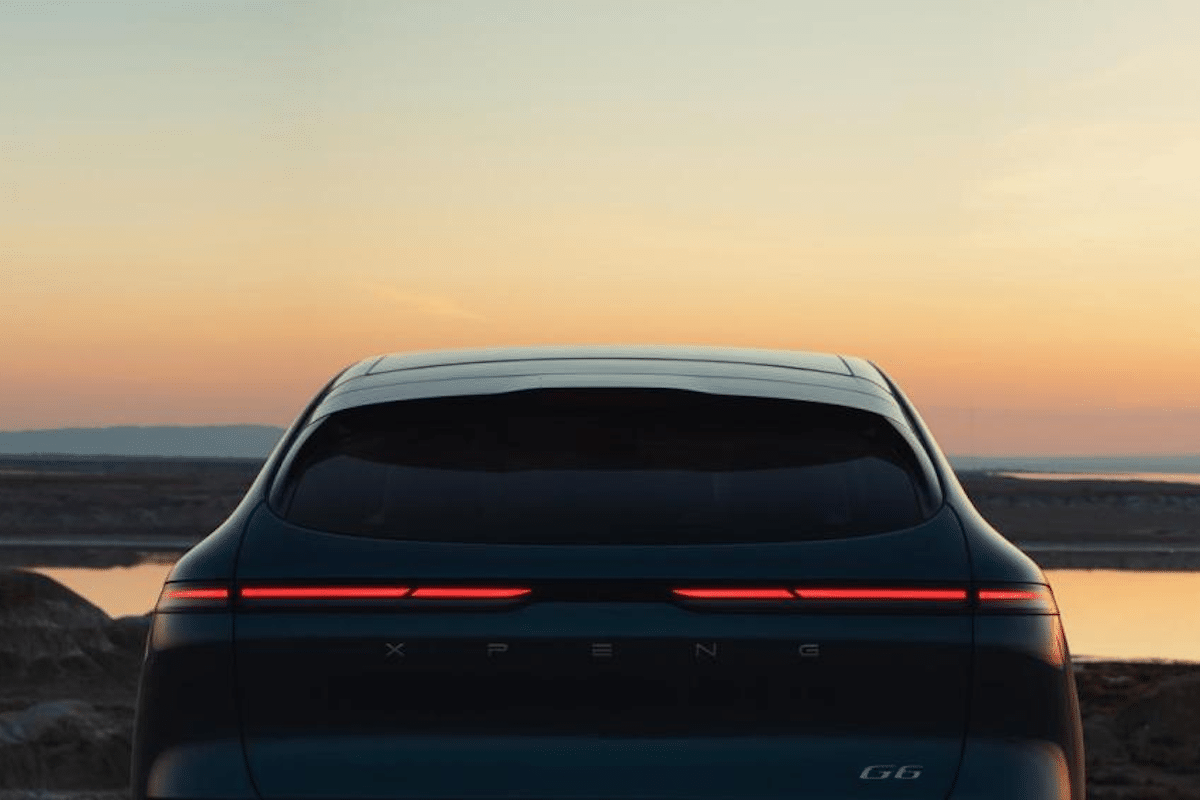
If tomorrow a full charge takes no more time than refueling with petrol, will you be ready to switch to electric?
Based on the usage patterns of conventional cars, it is generally estimated that around 400 kilometers of range is necessary to be comfortable in all circumstances, whether for daily urban use or long-distance travel. Therefore, manufacturers are competing to increase their cars’ range, as these 400 km are not the standard today! When you’re told a range of 400 km in the WLTP cycle, don’t expect to cover much more than 300 highway kilometers at the legal average speed of 130 km/h. The same applies to a conventional car that consumes more on the highway than in the city, but it’s less bothersome because refueling takes only a handful of seconds compared to many minutes for a fast charge.
However, this reasoning is flawed, especially if cars are compatible with ultra-fast charging. This technology allows for long drives without losing much time at each charging stop. This is why manufacturers are primarily focusing on developing batteries capable of charging more quickly, rather than making it easier by simply increasing their size and thus their weight.
Thanks to batteries or chargers?
The Chinese company Xpeng has already announced that its upcoming models will be able to handle a charge of 1 km per second without any issues. Six minutes for 360 km is starting to sound quite good, but the manufacturer honestly admits that it still needs to stabilize the charging speed depending on different types of chargers. Electric vehicle users are well aware of this famous peak from 20% to 80%. Similarly, the giant Geely claims that the Zeekr 007, expected for 2025, and the subsequent Volvo models will be capable of achieving such a charging speed, but this time from 10% to 80%. Well, for that, you need to have an 800 kW charger on hand, and those are not exactly common…
It can therefore be reasonably assumed that charging time will soon no longer be a barrier to the 100% electric transition. A pinch of battery technology and a touch of charging infrastructure, and the recipe will soon be perfect. When we see the phenomenal progress made by manufacturers, we can sense that the bright days of electric technology are ahead.
This page is translated from the original post "Bientôt, recharger une voiture sera aussi rapide que faire le plein !" in French.
We also suggestthese articles:
Also read
